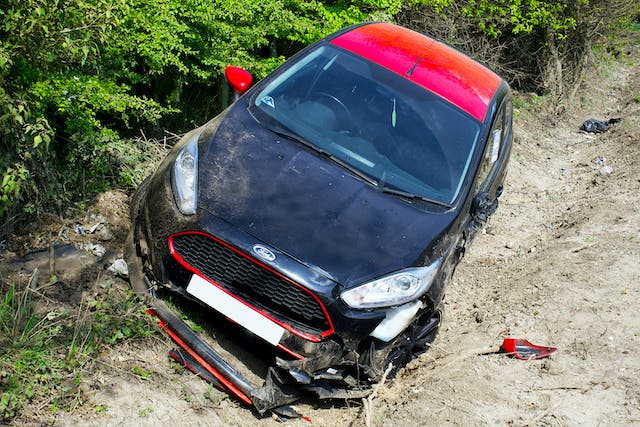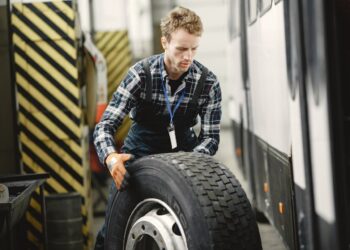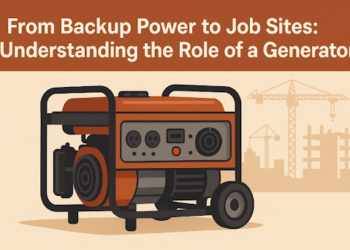An unexpected auto accident can be a jarring, confusing experience. The minutes, days, and weeks immediately following the collision are particularly crucial. It’s vital that you know what actions to avoid taking, as they could negatively affect your physical safety or hurt any potential legal claim later on.
1. Never Flee the Scene of an Accident
The immediate aftermath of an accident can trigger a variety of strong, often disorienting emotional responses. No matter how overwhelming these might be, remember never to flee the accident scene. Leaving an accident site where injury or damage has occurred without reporting it is directly in violation of the law in every jurisdiction.
Consequences for hit-and-run offenders are severe and vary depending on whether property damage, bodily harm, or death took place. Leaving the scene can result in significant fines and even prison time in some cases.
2. Never Admit Fault in a Car Accident
Following a car accident, never admit liability or fault for the crash, even if your initial feeling is to do so. Accidents can be chaotic incidents, and determining precise culpability often relies on nuanced facts that may not initially be apparent.
Any statement implying guilt could potentially be used against you down the line by other parties involved in the crash or insurance companies looking to avoid paying out compensation for damages.
3. Never Neglect Medical Attention After a Crash
In the frenzy of a car accident, seemingly minor injuries are often overlooked or shrugged off. Skipping medical check-ups is never a wise decision after any crash, regardless of how “fine” you feel.
Not all injuries manifest symptoms immediately; complications related to internal harm could surface days or even weeks post-crash. Additionally, the adrenaline and shock of the accident could prevent you from feeling symptoms right away.
However, successfully filing a personal injury claim requires thorough documentation of these injuries.
Additionally, mitigating damages is a crucial element in personal injury law. It refers to the legal responsibility of those who have suffered an injury to make reasonable efforts to limit or “mitigate” injuries and the costs associated with that harm.
4. Never Discuss the Accident on Social Media
In this era of technology and social media networks, it’s easy to share updates about our lives with the click of a button. However, if you’ve experienced a car accident, it is essential that you resist rushing online to recount your experiences or thoughts.
Sometimes, seemingly harmless posts can be exploited by insurance companies – and even that content marked as private might not be entirely confidential. Content posted on social media platforms could potentially be discoverable evidence in litigation matters.
You don’t want to post anything that could potentially harm your claim. It’s best not to post at all about the accident or anything else going on in your life until your claim is resolved.
5. Don’t Try to Handle Your Claim Without a Car Accident Lawyer
Retaining legal counsel is vital when going through the insurance claims process. All too often, victims of car accidents are offered unreasonably low settlements by insurers aiming to offset their financial obligations.
An experienced car accident lawyer will be well-versed in dealing with insurance adjusters and handling such matters efficiently. They’ll help you explore every possible avenue for compensation and ensure you get what you’re entitled to.
6. Don’t Forget to Call the Police After the Crash
Regardless of how minor an accident may seem, always notify law enforcement. Contacting the police is a legal requirement in many areas if there are any injuries or significant property damage.
Additionally, a lot of car insurance companies require an official police report for you to file a claim with them.
7. Don’t Ignore Your Emotional and Psychological Well-Being
Car accidents aren’t just physically devastating—they often take a significant psychological toll, too. Feelings of fear, anxiety, depression, or even post-traumatic stress disorder can develop after a crash.
Ignoring these signs disrupts your overall recovery process and prolongs trauma related to the accident.
Seek professional help from a therapist if you are experiencing mental health concerns from an auto accident. Your attorney can also incorporate these non-economic damages into your personal injury claim when calculating appropriate compensation.
While it’s crucial to know what steps to take following a car accident, understanding and avoiding these common pitfalls is just as critical for your successful recovery—both physically and legally.







